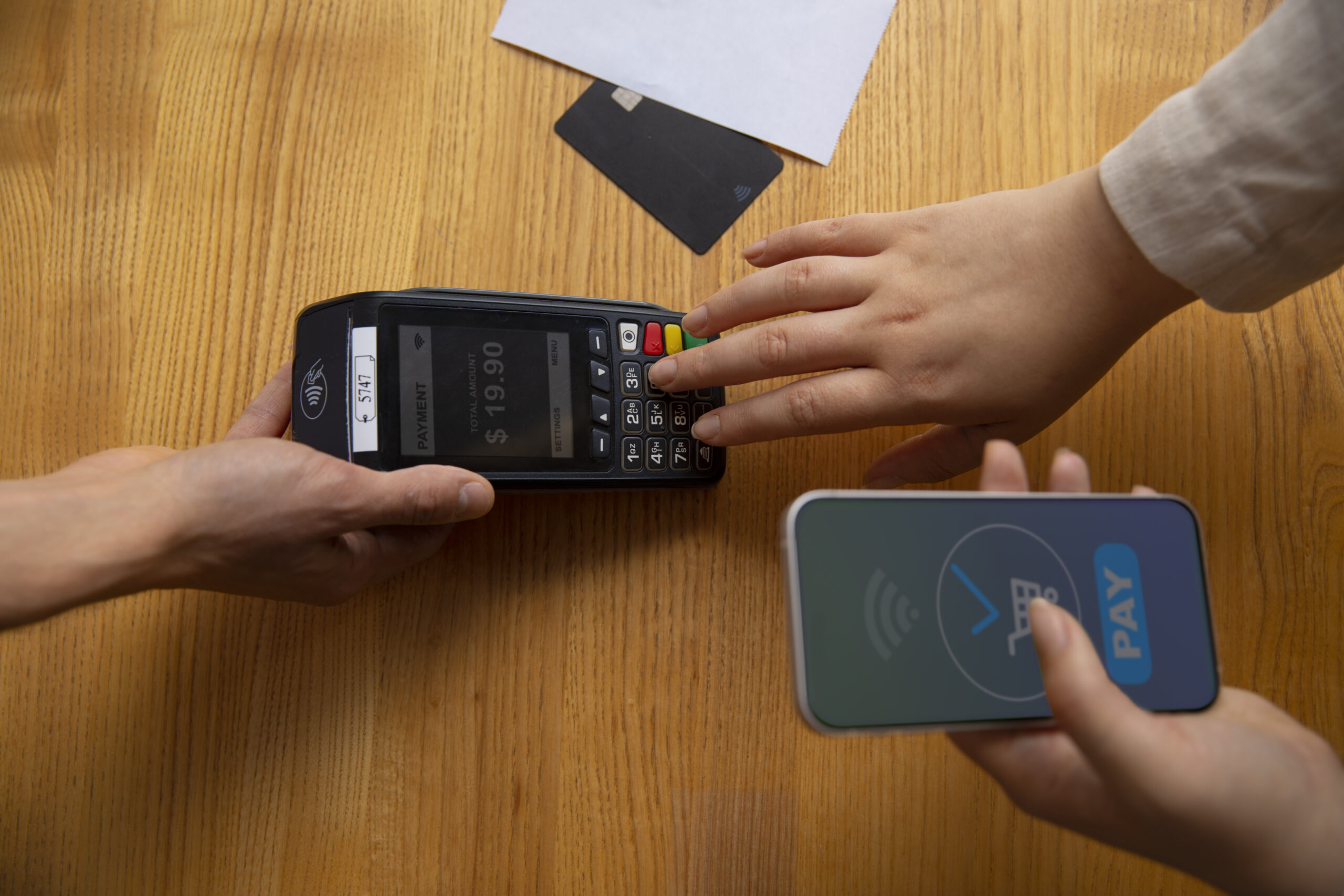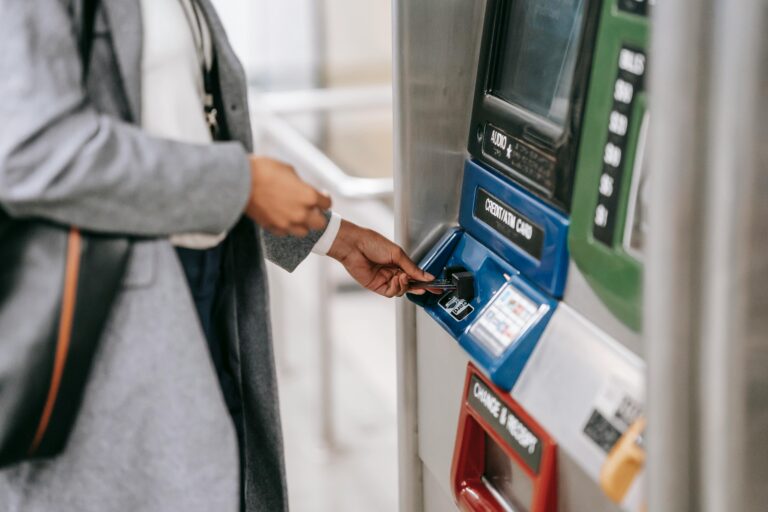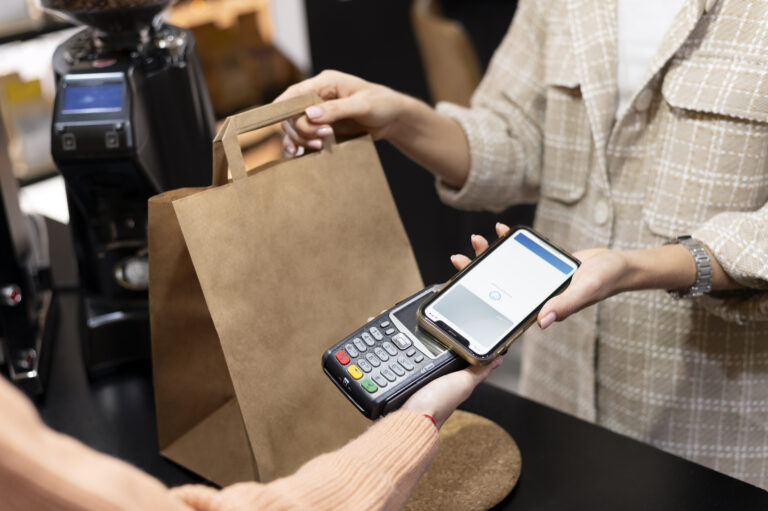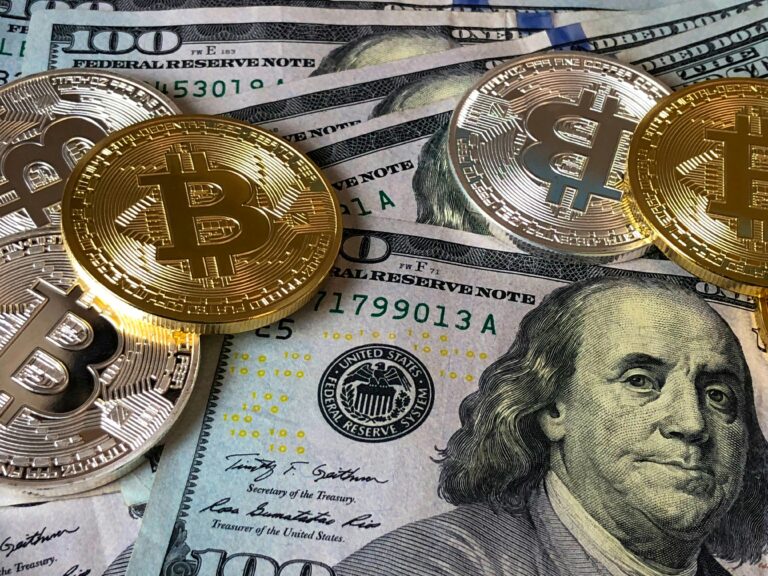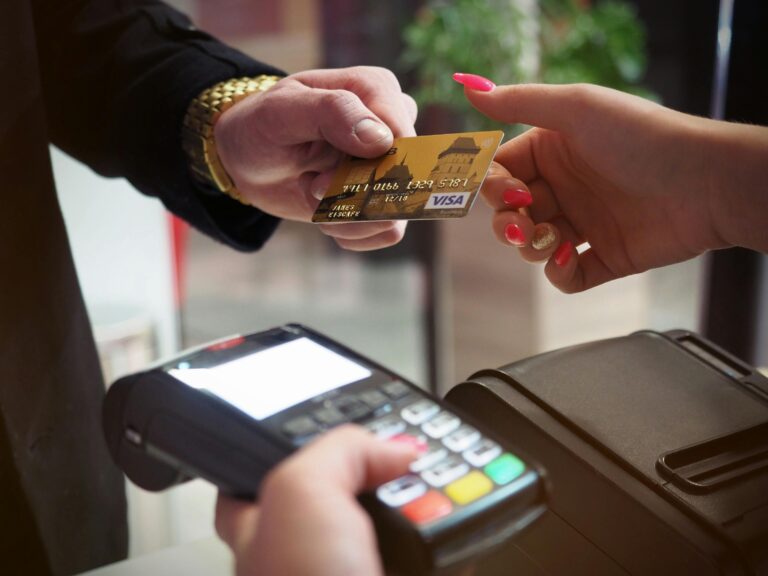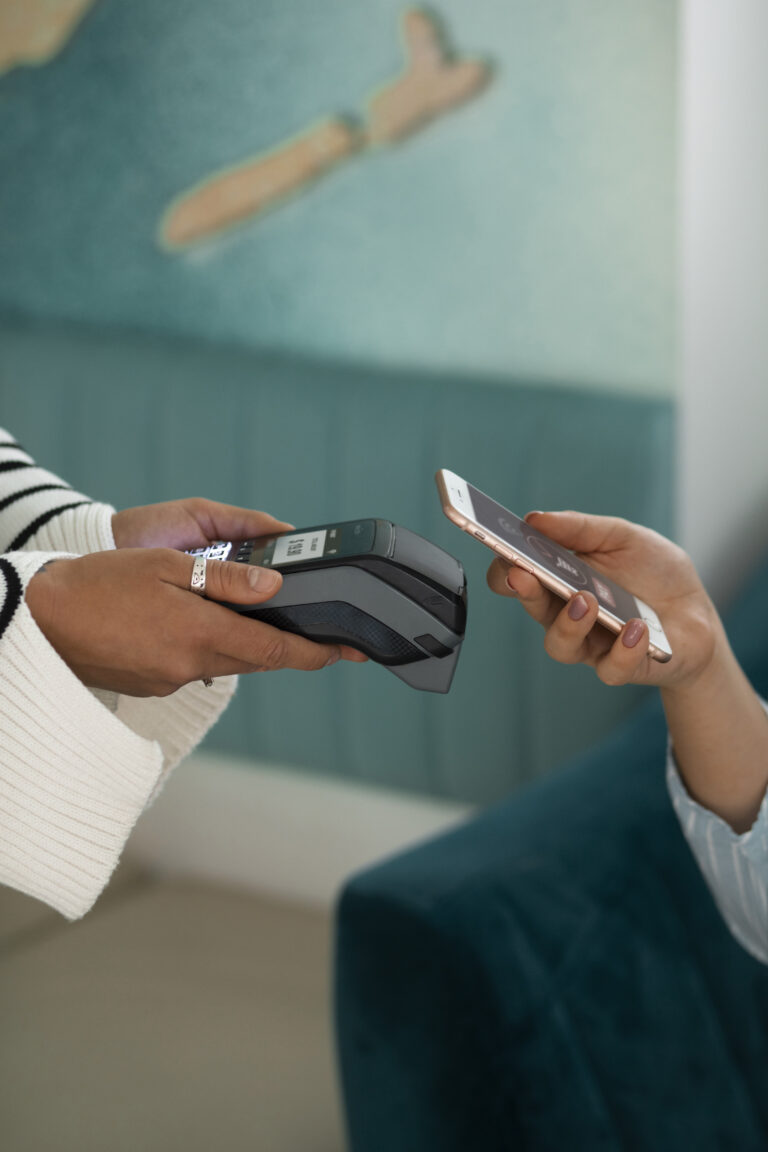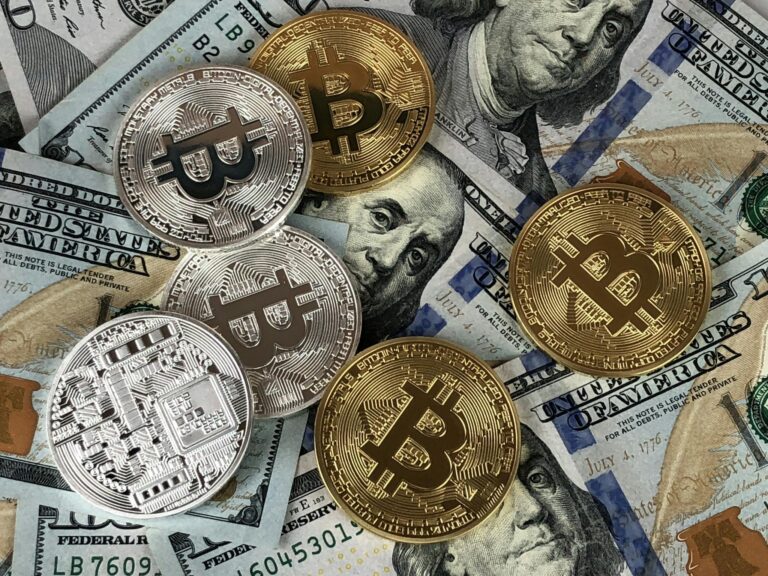Kenya’s Digital Payment Landscape: A Look at PayPal and Alternatives
Kenya is rapidly embracing the digital world, and with it, the need for secure and convenient online payment methods.
This article dives into the world of PayPal in Kenya, exploring the one bank that supports it directly, Equity Bank, and delves into alternative methods, fees, and the future of online payments in the Kenyan landscape.
Equity Bank: Your Gateway to Withdrawing from PayPal
Currently, Equity Bank stands alone as the Kenyan bank that allows direct withdrawals from your PayPal account. This means you can link your Equity Bank account to your PayPal account and transfer funds instantly. Here’s a quick guide to using Equity Bank with PayPal:
- Opening an Equity Bank Account: The process is straightforward. Visit any Equity Bank branch with your Kenyan ID and fill out the application form. You’ll need to provide basic information, including your phone number and preferred account type (savings or current).
- Verifying Your Account: Equity Bank requires verification for security reasons. This usually involves presenting your original identification documents at the branch.
- Account Limits: Equity Bank imposes transaction limits for withdrawals from PayPal. You can withdraw up to USD 10,000 per transaction.
- Withdrawal Duration and Fees: The good news is withdrawals from PayPal to your Equity Bank account are instant. However, there might be fees involved. These can include currency conversion charges and potential fees from both PayPal and Equity Bank. Be sure to check their respective websites for the latest fee structures.
Receiving and Paying on PayPal
Using PayPal in Kenya offers a secure way to receive and send money online. Here’s a simplified breakdown:
- Receiving: Provide your PayPal email address to anyone you expect a payment from. Once the sender completes the transaction, the funds will reflect in your PayPal account.
- Sending: Log in to your PayPal account, enter the recipient’s email address, the amount you want to send, and the purpose of the payment. Confirm the details and hit send. Remember, international transactions might incur fees.
Alternatives to Equity Bank
While Equity Bank offers the most convenient way to withdraw from PayPal, there are alternatives:
- M-Pesa: This popular mobile money service allows you to withdraw funds from your PayPal account to your M-Pesa wallet. However, there might be additional conversion fees involved compared to using Equity Bank.
- Debit Card from a Kenyan Bank: If your Kenyan bank offers a debit card with international transaction capabilities, you can link it to your PayPal account and use it for online purchases or withdrawals at ATMs that accept international cards. Again, fees might apply.
Understanding Fees: A Balancing Act
Fees are an inevitable part of online transactions. Here’s what to watch out for:
- Currency Conversion: When transferring funds between currencies, conversion charges apply. Both PayPal and your bank might take a cut.
- Transaction Fees: PayPal might charge a fee for sending or receiving money, especially for international transactions. Similarly, your bank might have its own transaction fees.
Security Tips: Shielding Yourself Online
The internet can be a jungle, so here are some security tips to remember when using PayPal in Kenya:
- Beware of Phishing: Don’t click on suspicious links or emails claiming to be from PayPal. Always log in to your PayPal account directly through their official website or app.
- Strong Passwords are Your Armor: Use strong and unique passwords for your PayPal account and avoid using the same password for other online services.
- Scrutinize Transactions: Review your PayPal activity regularly to ensure there are no unauthorized transactions. If you suspect anything fishy, report it to PayPal immediately.
Benefits of Using PayPal in Kenya: More Than Just Convenience
PayPal offers several advantages for Kenyan users:
- Security: Compared to sharing your bank details directly with online merchants, PayPal acts as a secure intermediary, protecting your sensitive financial information.
- Global Reach: PayPal allows you to receive payments from international sources and make purchases from sellers worldwide, opening doors to a global marketplace.
- Support for Small Businesses and Freelancers: Kenyan freelancers and small businesses can use PayPal to receive payments from international clients, simplifying cross-border transactions.
Challenges of Using PayPal in Kenya: Beyond Bank Limitations
While PayPal offers numerous benefits, there are some challenges to consider:
- Limited Internet Access: Not all Kenyans have reliable internet access, which can hinder using online platforms like PayPal. This can be a significant barrier for those in rural areas or with limited technological resources.
- Financial Literacy: Understanding currency conversion, fees, and potential scams is crucial for using PayPal effectively. Equipping Kenyans with financial literacy can help them navigate the online payment landscape with confidence.
- Customer Support: Accessing PayPal customer support in Kenya might require navigating through an international system. Having readily available and localized customer support can be a significant advantage for users.
M-Pesa vs PayPal: Understanding the Kenyan Payment Landscape
M-Pesa, the dominant mobile money service in Kenya, presents a strong alternative to PayPal:
- Target Audience: M-Pesa primarily caters to domestic transactions within Kenya, making it ideal for everyday purchases and sending money to friends and family. PayPal, on the other hand, shines for international transactions.
- Fees and Exchange Rates: While both M-Pesa and PayPal have fees associated with them, comparing the specifics can be tricky. It’s best to research the current fee structures of both platforms before deciding which is most cost-effective for your specific needs.
The Future of Online Payments in Kenya: A Collaborative Landscape
The future of online payments in Kenya is likely to be a collaborative space:
- Growth of E-commerce: As e-commerce continues to flourish in Kenya, we can expect a rise in diverse payment methods beyond just PayPal and M-Pesa. This could include the emergence of new platforms or partnerships between existing players.
- Government Initiatives: The Kenyan government’s initiatives promoting digital payments and financial inclusion will play a significant role in shaping the future of online payments. These initiatives could lead to increased accessibility, lower fees, and a more robust digital financial ecosystem.
Conclusion
The ideal payment method for you depends on your specific needs and circumstances. Consider factors like:
- Frequency of international transactions: If you frequently receive or make international payments, PayPal might be the better choice.
- Transaction amounts: For smaller, domestic transactions, M-Pesa might be more cost-effective.
- Accessibility to internet and banking services: If you have limited internet access or are unbanked, M-Pesa might be more readily available.
By understanding the landscape of online payments in Kenya, including the role of Equity Bank, M-Pesa, and PayPal, you can make informed decisions to navigate the digital financial world with confidence and security. Remember, staying informed about fees, security practices, and the evolving landscape will ensure you choose the most suitable payment method for your needs.
Frequently Asked Questions
1. Is a bank account required to use PayPal?
No, a bank account is not required to use PayPal or accept payments. Nonetheless, in order to send and receive money transfers, you can link your PayPal account to a bank account, debit card, or credit card account.
2. Which banks in South Africa accept PayPal?
PayPal funds can be withdrawn to any bank account in South Africa. All other South African banks, including Standard Bank, Nedbank, and ABSA, are included in this. All you need to do to complete the withdrawal process is to follow these instructions to link your South African bank account to PayPal.
3. Which credit cards does PayPal accept?
For withdrawals from PayPal, major debit card networks like Visa, Mastercard, Maestro, and others are frequently accepted. Prepaid Cards: Depending on their issuer regulations and compatibility, certain prepaid debit cards might also be able to be withdrawn from PayPal.
